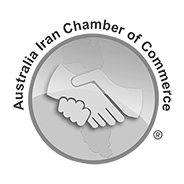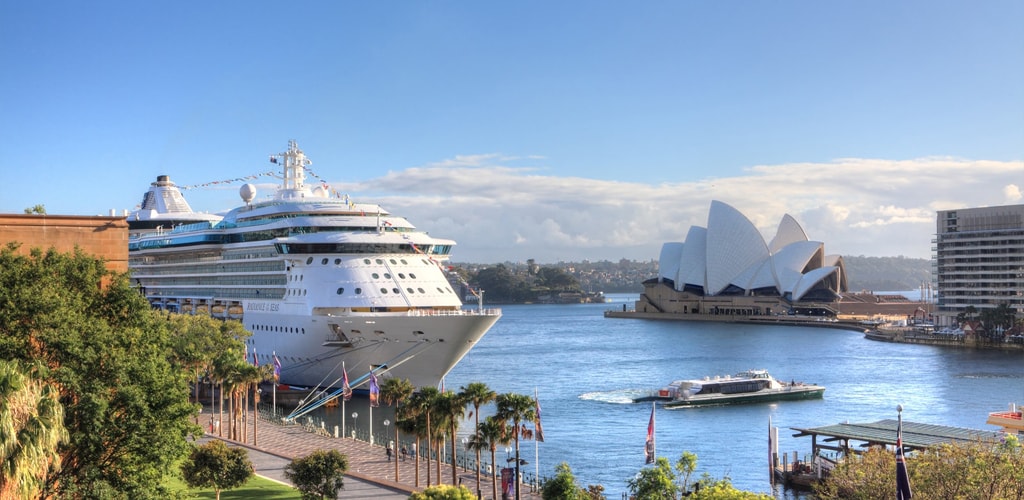About Australia
Australia is often referred to as ‘the lucky country’. The title of Donald Horne’s 1964 book The Lucky Country was intended to be ironic, but it has since often been used without irony to describe the nation’s good fortune, including the weather and lifestyle. It is often invoked to describe the nation’s economic successes, political stability and the building of one of the most multicultural societies in the world.
Economy
Australia’s economy is consistently among the strongest of advanced economies in the Organisation for Economic Co-operation and Development (OECD). As at 2013, it is the world’s 12th-largest economy, with a strong commitment to ongoing economic reform and global engagement that emphasises free trade and investment.
With low unemployment, low inflation and a highly skilled workforce produced by a world-class education system, and strong links with the fastest growing region in the world, the Indo–Pacific, Australia’s economy is set to prosper into the future.
The Australian economy continues to outperform other advanced economies. Australia has solid growth, low unemployment, contained inflation, very low public debt and a strong and stable financial system.
Australia’s spectacular natural environment, diversity and high quality of life make it a popular international tourist destination, with nearly six million people visiting Australia in 2011.
The services sector is the largest part of the Australian economy, accounting for around three quarters of gross domestic product and four out of five jobs. Australia is an important and growing financial centre, with a sophisticated financial services sector and strong regulation.
Trading with the world
Trade is fundamentally important to the Australian economy. Australia has developed a competitive edge in a range of goods and services, including high-technology goods such as medical and scientific equipment, and processed food. Major services exports include education and tourism, as well as professional and financial services. Sales of services by Australian companies operating overseas provide a major contribution to economy. Australia’s largest trading partners are China, Japan, the United States, the Republic of Korea, Singapore, the United Kingdom, New Zealand and India. Australia’s trading success reflects its stable institutions, strong education system, flexible and skilled workforce, and rich natural resource base.
Study in Australia
Australia is a sought-after destination for international students: more than 425,000 international students chose to study in Australia in 2011. International students are attracted to Australia by its high standard of teaching, its internationally accepted qualifications, and its welcoming and diverse society. Seven Australian universities were named among the world’s top 200 higher education institutions in the Times Higher Education World University Rankings 2011. Australia’s two largest cities, Melbourne and Sydney, have been ranked among the top 10 best student cities in the world according to the QS world university rankings. Australia has more than a thousand universities, training colleges, English language institutes and schools, offering international students some 25,000 courses. The quality of Australia’s vocational education and training sector is recognised around the world.
Sport in Australia
Australians love sport. Australia is the only nation besides Greece to have competed at every modern summer Olympic Games. Almost 70 per cent of Australians take part in some sort of physical activity at least once a week. Australia has over 120 national sporting organisations and thousands of local, regional and state sports bodies.
Community-based sport across the nation underpins Australia’s remarkable sporting achievements at the elite level where we have produced many international champions across a diverse spectrum of sport. The nation unites when Australians succeed on the international stage. Sport is a powerful force in creating social harmony in a nation made up of people from so many different countries.
The Australian Institute of Sport is a world best practice model for high-performance athlete development. It bases its activities on outstanding athlete results combined with skilled coaches, world-class facilities and cutting-edge sports science and sports medicine services.


